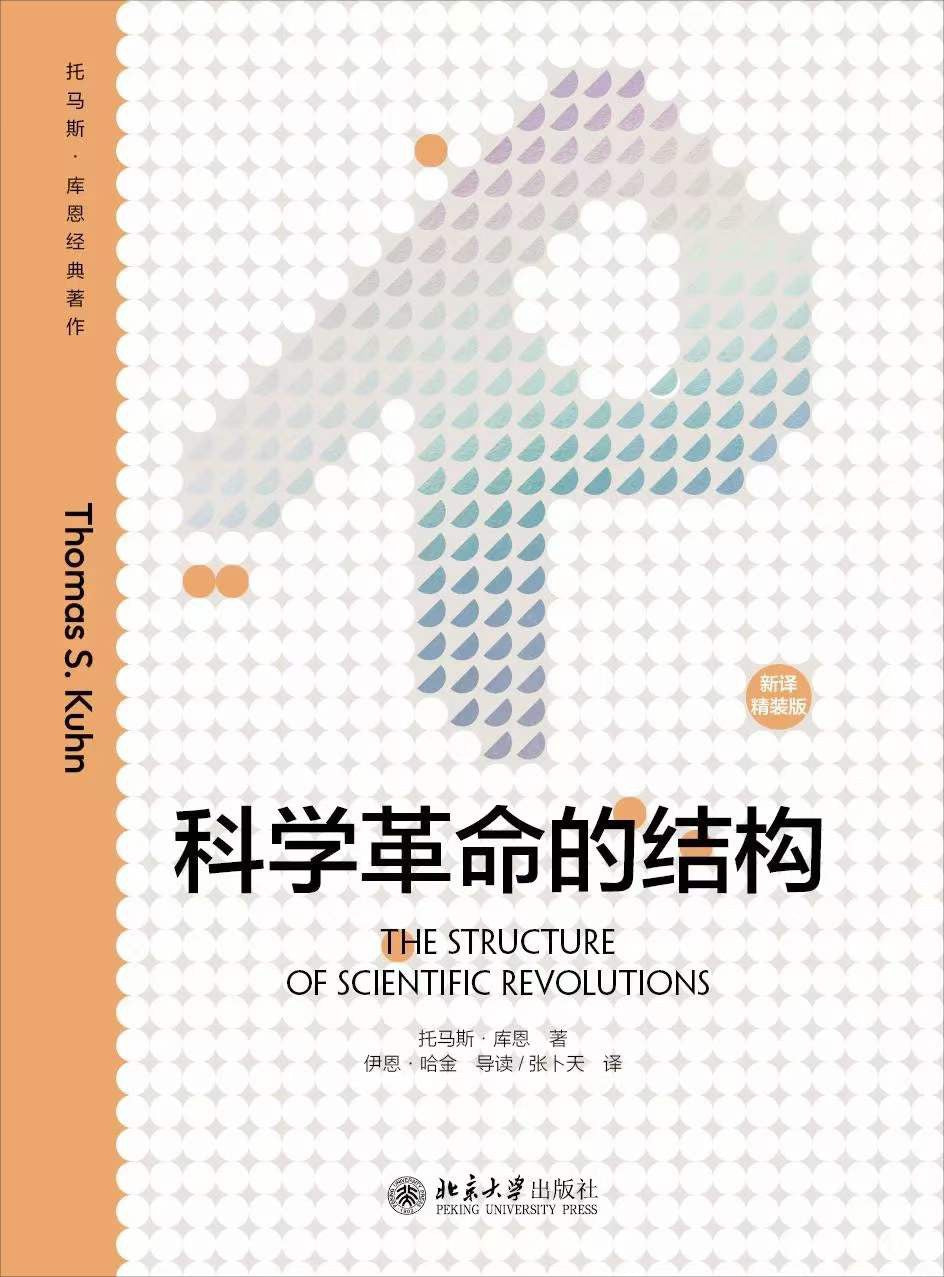WULOLIFE
《科学革命的结构》作者: 托马斯·库恩 出版社: 北京大学出版社
《科学革命的结构》作者: 托马斯·库恩 出版社: 北京大学出版社
Couldn't load pickup availability
Description
内容简介 · · · · · ·
这是20世纪学术史上极有影响的著作之一,是科学史与科学哲学研究者们不可不读的基本文献。它引发了一场认识论的大变革,成为科学哲学史上一道重要的分水岭。其影响不仅在于科学史、科学哲学、科学社会学等相关领域,而且延伸到社会学、文化人类学、文学史、艺术史、政治史、宗教史等人文和社会科学领域,甚至在社会公众领域也产生了深刻影响。书中的关键概念如“范式转换”等如今已成为世界性的重要词汇。
本书自1962年面世以来就引起强烈反响,掀起了一股世界性的研究热潮,至今不衰。本版是芝加哥大学出版社为庆祝该书问世五十周年而作,新增加拿大哲学家伊恩·哈金(Ian?Hacking )中译本。
作者简介 · · · · · ·
托马斯·库恩(Thomas S. Kuhn,1922-1996),美国物理学家、科学哲学家、科学史家, 被誉为“二战后具影响力的一位以英文写作的哲学家”(理查德·罗蒂语)。库任麻省理主要著作有:《哥白尼革命:西方思想发展中的行星天文学》《必要的张力》《黑体理论和量子的不连续性》等。
伊恩·哈金(Ian Hacking),法兰西学院“科学概念史与哲学”教授。
张卜天,中国科技大学物理学学士,北京大学科学哲学博士,现任清华大学科学史系长聘教授,哲学系双聘教授,清华大学科学人文经典研究ISIS 主编主译《科学源流译丛》 《科学史译丛》《世界科普名著译丛》等丛书,翻译学术著作近60种,深受读者好评。
